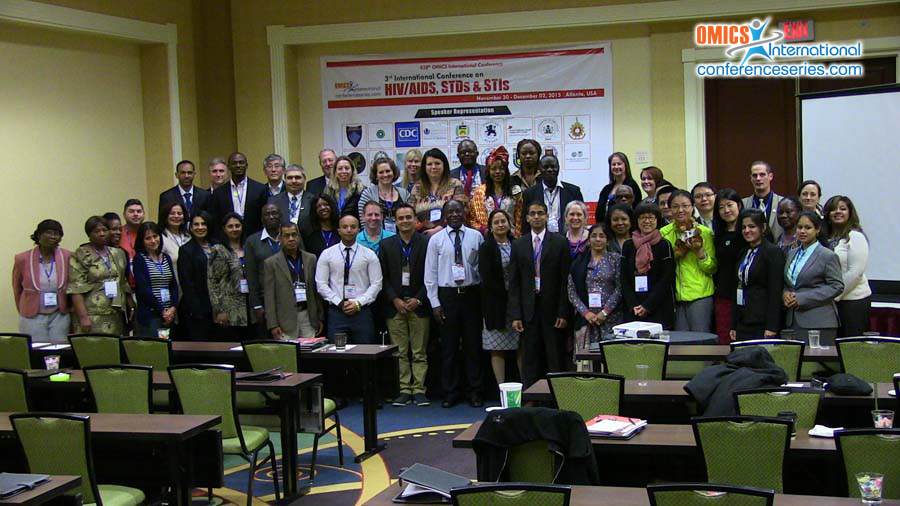
Timothy Fouts
Profectus BioSciences, Inc., USA
Title: The Balance of Cellular and Humoral Immunity Determines the Level of Protection Offered by an HIV Vaccine in Macaque Models of HIV Infection
Biography
Biography: Timothy Fouts
Abstract
Obtaining a practical, efficacious vaccine against HIV has been a public health priority for over 30 years. A guiding principle for vaccine design has been that cellular and humoral immunity will work together to provide the strongest level of efficacy. This concept has been called into question after the failure of several large clinical trials, giving rise to the ideas that vaccine-induced immune responses may not act in concert and might even increase risk by immune activation, thereby providing more targets for infection. We have addressed this issue through a series of nonhuman primate studies using a selected HIV/SIV envelope-based subunit antigen, called the Full-length Single Chain (FLSC). The FSLC was developed in order to induce broader immunity, including against new conserved epitopes, compared to conventional gp120. Here, we tested the FLSC in a variety of formulations and vaccination regimens that generated a variety of immune response profiles. We used two repeat low dose challenge models (heterologous SHIV(162P3) and cross-clade SIVmac251) to test for protection in three separate studies. Under certain conditions, immunization with the FLSC was able to protect against heterologous neutralization resistant challenge viruses in all three studies. The data show that antibody dependent cellular cytotoxicity (ADCC) is associated with a reduced rate of acquisition against repeat challenges with either challenge virus provided that the concurrent anti-vaccine T cell response is minimal. Protection is lost over time as requisite antibody titers declined consistent with the evanescent quality of anti-envelope humoral responses. Vaccine efficacy was consistently lost in animals exhibiting higher T cell responses that were predominately single or dual function.These data indicate that in the case of HIV the balance between the humoral immune response and cellular immune activation is the critical element for generating protective efficacy. Achieving and sustaining such a balance, while enhancing antibody durability,is a significant challenge for HIV vaccine development.
Speaker Presentations
Speaker PDFs
Speaker PPTs Click Here


